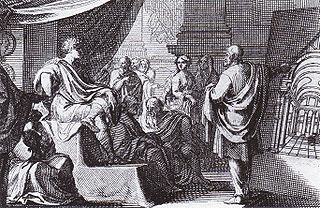A Quote by George Orwell
Bad writers are nearly always haunted by the notion that Latin or Greek words are grander than Saxon ones.
Related Quotes
I am not of the opinion generally entertained in this country [England], that man lives by Greek and Latin alone; that is, by knowing a great many words of two dead languages, which nobody living knows perfectly, and which are of no use in the common intercourse of life. Useful knowledge, in my opinion, consists of modern languages, history, and geography; some Latin may be thrown into the bargain, in compliance with custom, and for closet amusement.
I loved Latin -- the grammar, the difficult tenses, the history -- but for some reason I was very bad at it, shamefully and blushingly bad at it. ... In moments of stress the embarrassment of how bad I was at Latin -- a subject I loved -- really hit me. It was like being laughed at by someone you desperately loved.
There are some people that aren't into all the words. There are some people who would have you not use certain words. Yeah, there are 400,000 words in the English language, and there are seven of them that you can't say on television. What a ratio that is. 399,993 to seven. They must really be bad. They'd have to be outrageous, to be separated from a group that large. All of you over here, you seven. Bad words. That's what they told us they were, remember? 'That's a bad word.' You know bad words. Bad thoughts. Bad intentions.
I have these guilts about never having read Chaucer but I was talked out of learning Early Anglo-Saxon / Middle English by a friend who had to take it for her Ph.D. They told her to write an essay in Early Anglo-Saxon on any-subject-of-her-own-choosing. “Which is all very well,” she said bitterly, “but the only essay subject you can find enough Early Anglo-Saxon words for is ‘How to Slaughter a Thousand Men in a Mead Hall’.







































